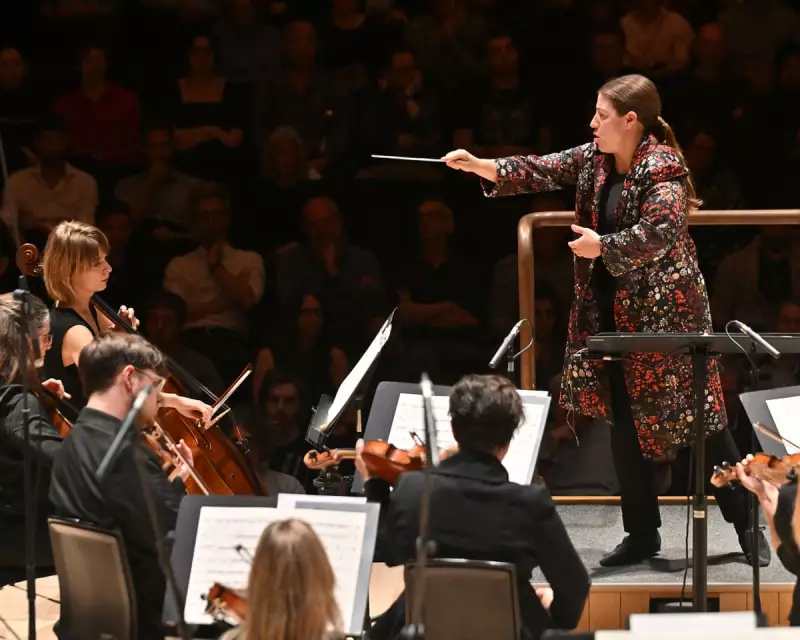
London's Barbican Hall was transformed into a vast aquatic soundscape this week as the BBC Symphony Orchestra, under the masterful baton of Dalia Stasevska, delivered a stunning performance of John Luther Adams' Pulitzer Prize-winning work 'Become Ocean'.
The concert proved to be an environmental masterpiece in musical form, with Stasevska demonstrating why she remains one of the most exciting conductors working today. Her interpretation of Adams' monumental composition created waves of sound that washed over the audience in a truly immersive experience.
A Musical Force of Nature
Adams' composition, which has been described as 'the loveliest apocalypse in musical history', unfolded with breathtaking precision. The BBCSO navigated the work's complex, overlapping tidal patterns with remarkable cohesion, creating the sensation of being submerged in a vast, musical ocean.
Stasevska's conducting was both powerful and nuanced, guiding the orchestra through the piece's gradual swells and subtle undercurrents. The performance built with inexorable force, much like the environmental themes that inspired the work itself.
Barbican Hall Transformed
The acoustics of the Barbican provided the perfect vessel for this aquatic journey. As the music swelled and receded, audience members reported feeling completely transported, with many closing their eyes to better experience the sensation of floating in a sonic sea.
The programme also featured complementary works that enhanced the evening's environmental theme, though 'Become Ocean' undoubtedly stood as the centrepiece - a timely reminder of nature's power and fragility in an age of climate concern.
This performance reaffirmed both Stasevska's growing reputation as a conductor of exceptional talent and the BBCSO's status as one of Britain's most versatile and accomplished orchestras. For those fortunate enough to be in attendance, it was an evening that will resonate long after the final notes faded to silence.





